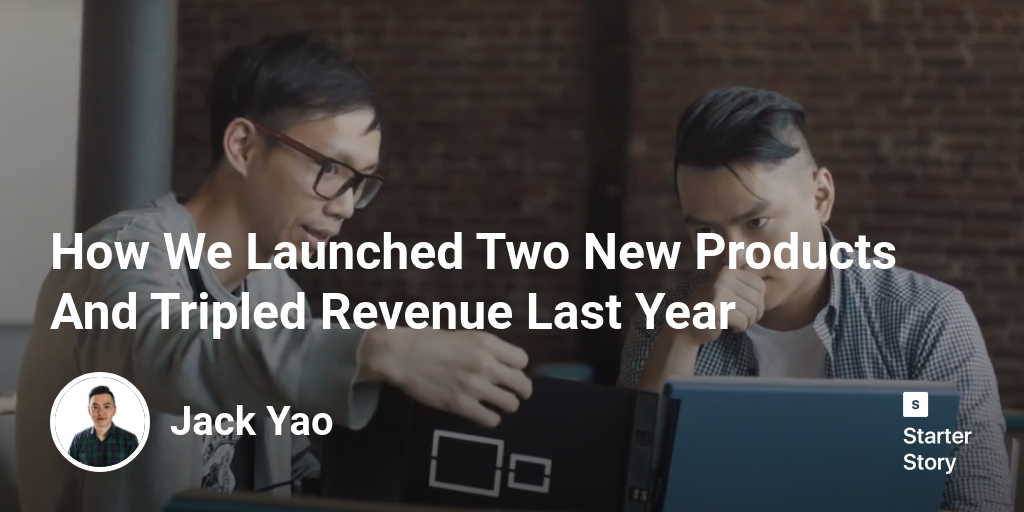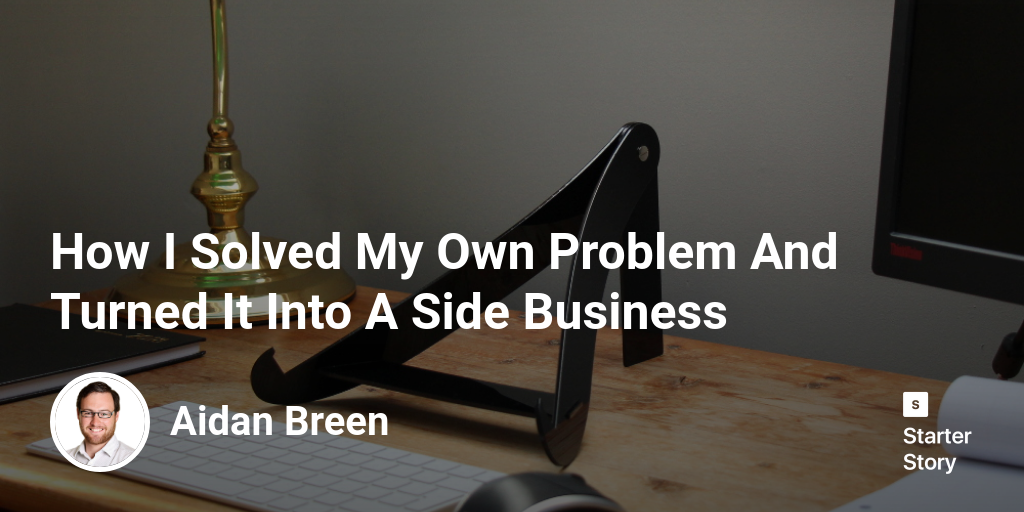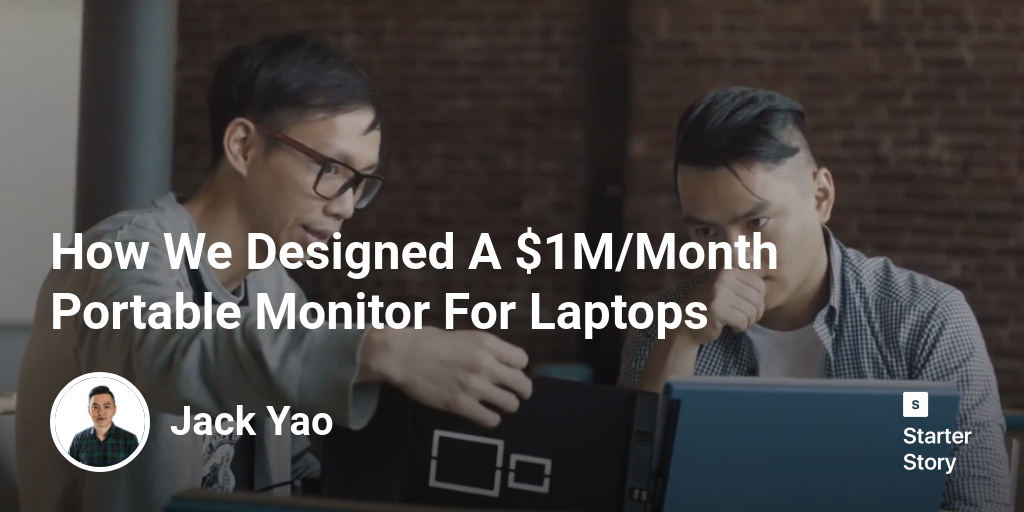
5 Tips For Starting A Successful Laptop Accessories Brand (2025)
Want to start your own laptop accessories brand? Here are some tips you should know:
Learn more about starting a laptop accessories brand:
Where to start?
-> How much does it cost to start a laptop accessories brand?
-> Pros and cons of a laptop accessories brand
Need inspiration?
-> Other laptop accessories brand success stories
-> Marketing ideas for a laptop accessories brand
-> Laptop accessories brand names
Other resources
We've interviewed thousands of successful founders at Starter Story and asked what advice they would give to entrepreneurs who are just getting started.
Here's the best advice we discovered for starting a laptop accessories brand:
#1: Jack Yao, founder of Mobile Pixels:
We chatted with with Jack, founder of Mobile Pixels ($1M/month). In our interview, Jack says:
Oftentimes you need to experiment with a big adset against a good number of audiences before you can find the sweet spot. So within one's abilities, be generous in the ad spend.

Read the full interview ➜
#2: Aidan Breen, founder of Posture:
We chatted with with Aidan, founder of Posture ($1K/month). In our interview, Aidan says:
Launch early. Fail fast. Learn your lessons and move on. My Dad once told me: “You only need 1 in 10 ideas to work out”.
Additionally:
Don’t neglect the stuff that is right in front of your face. It’s okay to aim for the low hanging fruit before you aim for the top of the tree. If you want to launch internationally, make sure you can deliver locally first.

Read the full interview ➜
#3: Jack Yao, founder of Mobile Pixels:
We chatted with with Jack, founder of Mobile Pixels ($1M/month). In our interview, Jack says:
It is important to know your market and market size and then crafts your service or product specifically for that market.
Additionally:
Figure out how to pivot into adjacent verticals based on the current market. This will lay the footwork to make an argument for funding. People do not want to fund one product, they want to fund a company. A product will never make a company.

Read the full interview ➜

Download the report and join our email newsletter packed with business ideas and money-making opportunities, backed by real-life case studies.

Download the report and join our email newsletter packed with business ideas and money-making opportunities, backed by real-life case studies.

Download the report and join our email newsletter packed with business ideas and money-making opportunities, backed by real-life case studies.

Download the report and join our email newsletter packed with business ideas and money-making opportunities, backed by real-life case studies.

Download the report and join our email newsletter packed with business ideas and money-making opportunities, backed by real-life case studies.

Download the report and join our email newsletter packed with business ideas and money-making opportunities, backed by real-life case studies.

Download the report and join our email newsletter packed with business ideas and money-making opportunities, backed by real-life case studies.

Download the report and join our email newsletter packed with business ideas and money-making opportunities, backed by real-life case studies.










